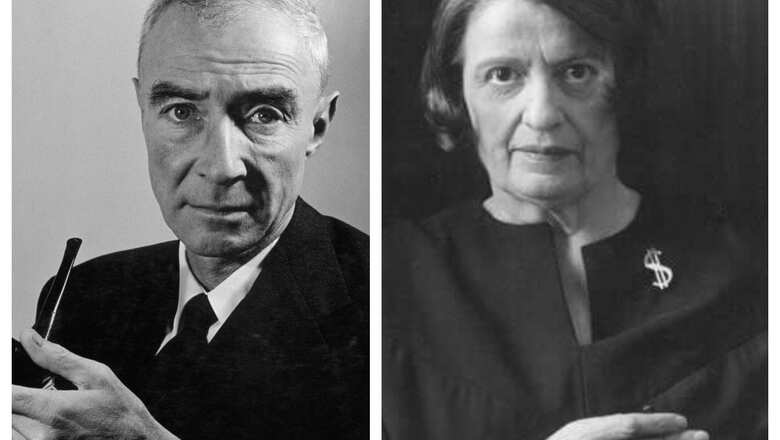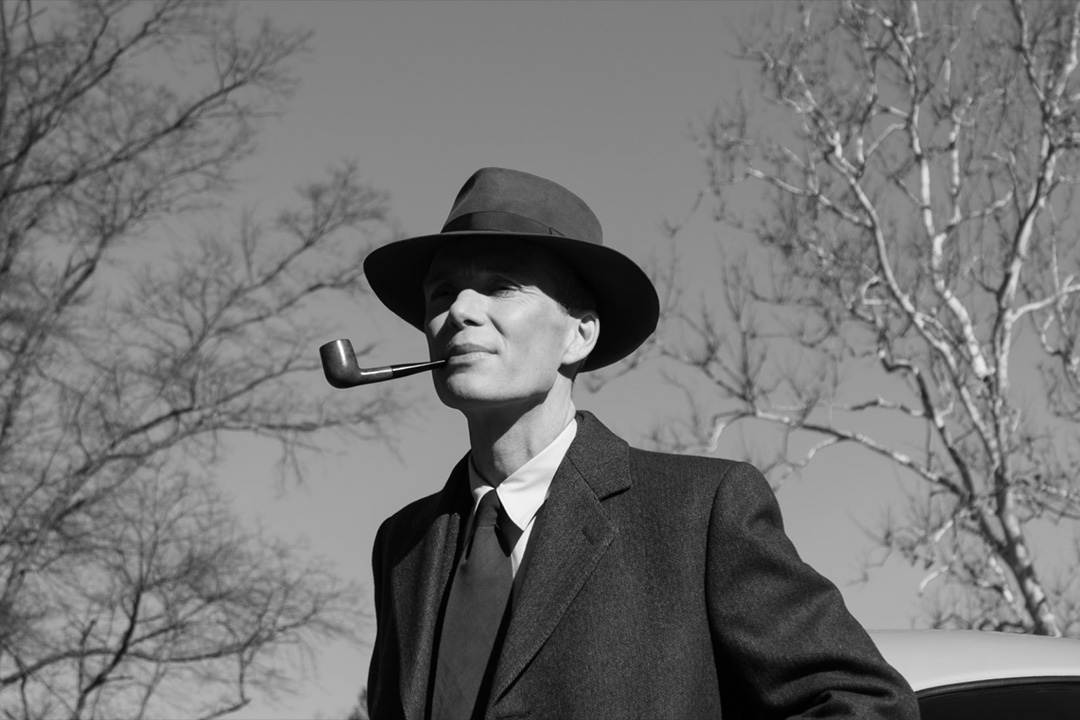
views
In the aftermath of World War II, Hollywood was abuzz with the race to produce the first atomic bomb movie. Two major studios, Paramount and MGM, vied for the opportunity to bring the gripping story of the atomic bomb to the silver screen. While Christopher Nolan’s upcoming film Oppenheimer is set to tackle the subject, the world almost witnessed a different take on the story-a film by renowned novelist Ayn Rand, titled ‘Tribute to Free Enterprise.’ In early 1946, Ayn Rand, already a successful novelist and screenwriter, found herself sitting across from J. Robert Oppenheimer, the ‘Father of the Atomic Bomb.’ Rand, known for her aggressive pro-capitalist philosophy called Objectivism, had insisted on this meeting to gather information for her latest screenplay, ‘Top Secret,’ which aimed to dramatize the invention of the atomic bomb and its use against Japan.
Both Paramount and MGM were racing to be the first to release an atomic bomb movie. MGM’s film, ‘The Beginning or the End,’ had already gained attention, with its chief, Louis B. Mayer, proclaiming it to be the most important movie he would ever make. Rand’s meeting with Oppenheimer was crucial in shaping her perspective on the subject and incorporating his insights into her script.
Oppenheimer, despite his left-liberal political views conflicting with Rand’s pro-capitalist stance, agreed to the interview. Rand had a list of questions prepared, from straightforward facts like when he arrived at Los Alamos to deeper philosophical inquiries about ‘free inquiry.’ She wanted to know who held the real authority, whether the scientists were being controlled, and if anyone interfered with their work. Oppenheimer shared key moments from Los Alamos, mentioning the scientists’ dislike for working under the US Army and the absence of explicit rules for secrecy. According to Oppenheimer, the Jewish ‘refugee scientists’ played a significant role in creating the atomic bomb.

Rand found Oppenheimer to be a fascinating yet tormented figure. She delved deeper into his thoughts in a second interview, even speaking with his wife, Kitty. During their second conversation, Rand gathered additional information and in one simple sentence, she described Oppenheimer as being ‘Tormented by something he can’t solve.’ Oppenheimer’s concerns about building more powerful weapons and regret over the use of the bomb in Japan were evident. Rand came away from the interviews deeply impressed and even used Oppenheimer as a model for a character named Stadler in her future novel, Atlas Shrugged.
Rand’s vision for Top Secret centered around portraying the atomic bomb’s creation as a ‘tribute to free enterprise.’ She wanted to challenge the notion of a government-directed Manhattan Project, instead focusing on individual volunteers, high achievers like Oppenheimer, and industries like DuPont. Rand believed that only free men working together could achieve such a groundbreaking invention. However, as the competition between Paramount and MGM heated up, Wallis, the producer at Paramount, grew concerned about Rand’s script and hired another writer to explore alternative options. Eventually, Wallis withdrew from the race, leaving MGM to produce The Beginning or the End. The film, heavily influenced by government pressure and propaganda, failed to accurately portray the ethical concerns raised by the use of the atomic bomb.
Despite the setback, Ayn Rand would go on to write the screenplay for The Fountainhead adaptation at Warner Brothers, and later, her influential novel Atlas Shrugged. Oppenheimer, on the other hand, faced accusations of communist ties, had his security clearance revoked, and passed away in 1967 without commenting on his involvement in the ill-fated Hollywood movies of 1946. In 1957, Ayn Rand’s novel Atlas Shrugged was published and became her most widely read and influential work.




















Comments
0 comment